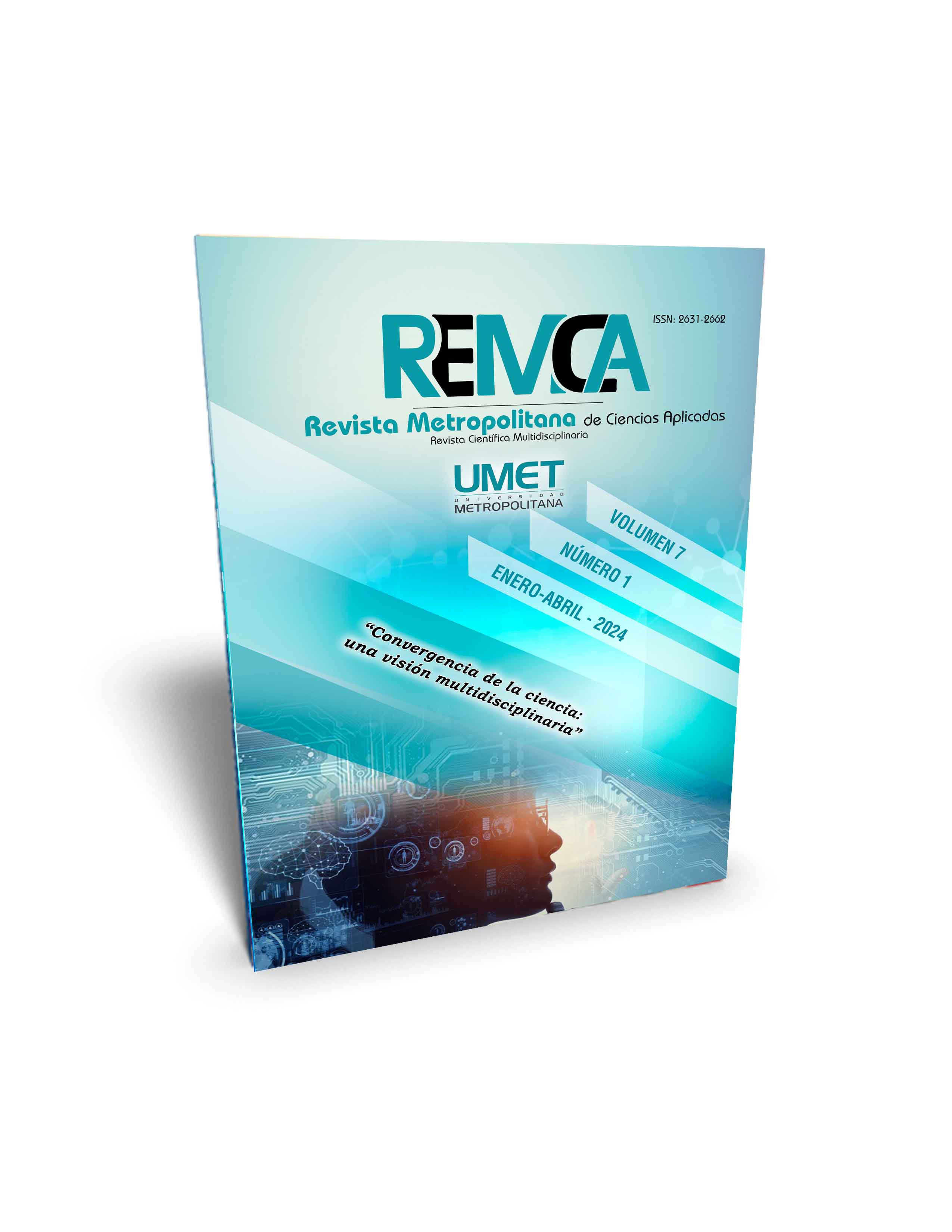Hugo Zemelman's proposal in the curriculum for basic education in Mexico, 2022
DOI:
https://doi.org/10.62452/npqs1610Keywords:
Contemporary dance, dance students, training, skills, abilities, constructivist methodologyAbstract
The following essay seeks to account for the theoretical construction proposed by the Basic Education Plan with respect to the Training Field, this being the third step through which teachers must go through to build their programs, this has the function of being the social, cultural, political, productive and symbolic space in which the school is part. The proposal is based on various theoretical postulates, so this text will focus on understanding the importance of Hugo Zemelman's concept of Historical Subject and Construction of Reality in the Training Field. Therefore, in the first instance the Basic Education Plan was analyzed, emphasizing the Formative Field proposal based on Hugo Zemelman, in a second instance works by this author were analyzed from two categories of analysis: Historical Subject and Construction of reality.
Downloads
References
Almahano, L. (2011). Danza Contemporánea y Nuevas Tecnologías. Danzaratte: Revista del Conservatorio Superior de Danza de Málaga, 7, 42-49.
Arteaga, M., Viciana, V., & Conde, J. (2016). Desarrollo de la expresividad corporal. Tratamiento globalizador de los contenidos de representación. INDE.
Delgado, M.A. (2015). Intervención Didáctica en Primaria. Wanceulen.
Hernández Smpieri, R., Fernández Collado, C., & Baptista Lucio, P. (2014. Metodología de la Investigación. McGraw Hill.
Hugas i Batlle, A. (2016). La danza y el lenguaje del cuerpo en la educación Infantil. Celeste.
Mora, G. (2015). Cartografía Critica de la Danza Moderna y Contemporánea del Ecuador Tomo I. El Apuntador.
Santamaría Vizcaíno, M. A. (2005). ¿Cómo evaluar aprendizaje en el aula? Editorial Universidad Estatal a Distancia.
Soubal, S. (2018). La gestión del aprendizaje, Algunas preguntas y respuestas sobre la gestión del aprendizaje en relación con el desarrollo del pensamiento en los estudiantes. Polis, 7(21).
Torrado, M. (2014). Estudios de encuesta. En R. Bisquerra (Coord.), Metodología de la investigación educativa (pp.231-271). Madrid, España: La Muralla.
Zimmerman, B. J. (2015). Becoming a Self-regulated Learner: An Overview. Theory Into Practice, 41(2), 64- 70.
Downloads
Published
Issue
Section
License
Copyright (c) 2024 Sócrates López-Pérez, Juan Pablo Martínez-López (Autor/a)

This work is licensed under a Creative Commons Attribution-NonCommercial-ShareAlike 4.0 International License.
Authors who publish in Revista Metropolitana de Ciencias Aplicadas (REMCA), agree to the following terms:
1. Copyright
Authors retain unrestricted copyright to their work. Authors grant the journal the right of first publication. To this end, they assign the journal non-exclusive exploitation rights (reproduction, distribution, public communication, and transformation). Authors may enter into additional agreements for the non-exclusive distribution of the version of the work published in the journal, provided that acknowledgment of its initial publication in this journal is given.
© The authors.
2. License
The articles are published in the journal under the Creative Commons Attribution-NonCommercial-ShareAlike 4.0 International License (CC BY-NC-SA 4.0). The terms can be found at: https://creativecommons.org/licenses/by-nc-sa/4.0/deed.en
This license allows:
- Sharing: Copying and redistributing the material in any medium or format.
- Adapting: Remixing, transforming, and building upon the material.
Under the following terms:
- Attribution: You must give appropriate credit, provide a link to the license, and indicate if any changes were made. You may do this in any reasonable manner, but not in any way that suggests the licensor endorses or sponsors your use.
- NonCommercial: You may not use the material for commercial purposes.
- ShareAlike: If you remix, transform, or build upon the material, you must distribute your creation under the same license as the original work.
There are no additional restrictions. You may not apply legal terms or technological measures that legally restrict others from doing anything the license permits.




